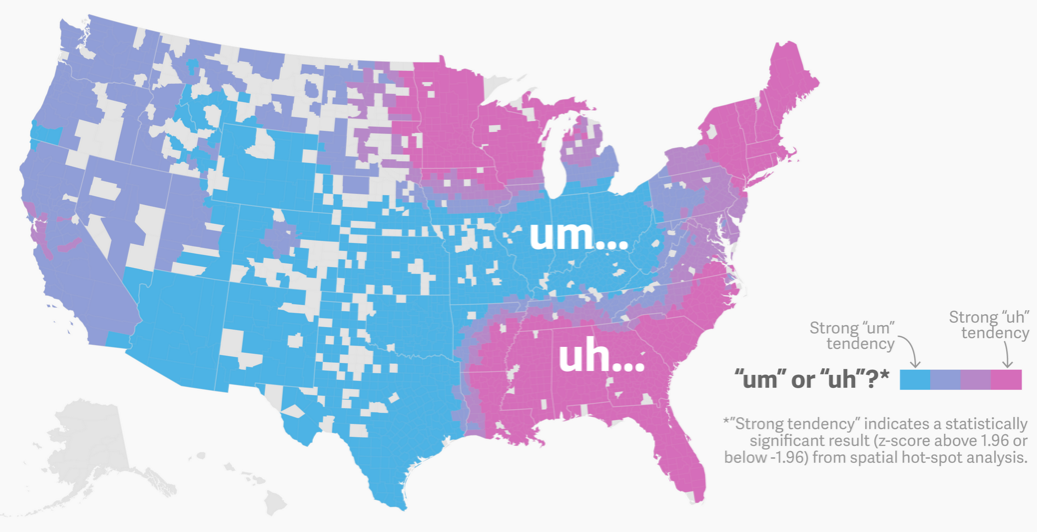Predictive poetry
A few years ago, people noticed that the predictive typing on Android smartphones could construct interesting phrases all on its own: "Your typical sentence", 6/13/2012. iOS 8 has caught up — Geoffrey Fowler and Joanna Stern, "iOS 8 Keyboard Makes Hilarious 'Mad Libs' For You", WSJ 9/17/2014:
Now the latest version of Apple’s iPhone software, iOS 8, adds a layer of smarts on top of autocorrect called QuickType, predictive typing of a sort previously found on Android. Not only does it suggest spelling, it also suggests words you might want to type next. If you keep following its train of robotic thought, QuickType will form entire sentences on your behalf.
The result is so goofy that it is brilliant. For the last week, we—your WSJ personal technology columnists—have been conducting serious tests of the new iPhones and iOS 8, while also holding nonsensical auto-generated conversations with each other.
Read the rest of this entry »



